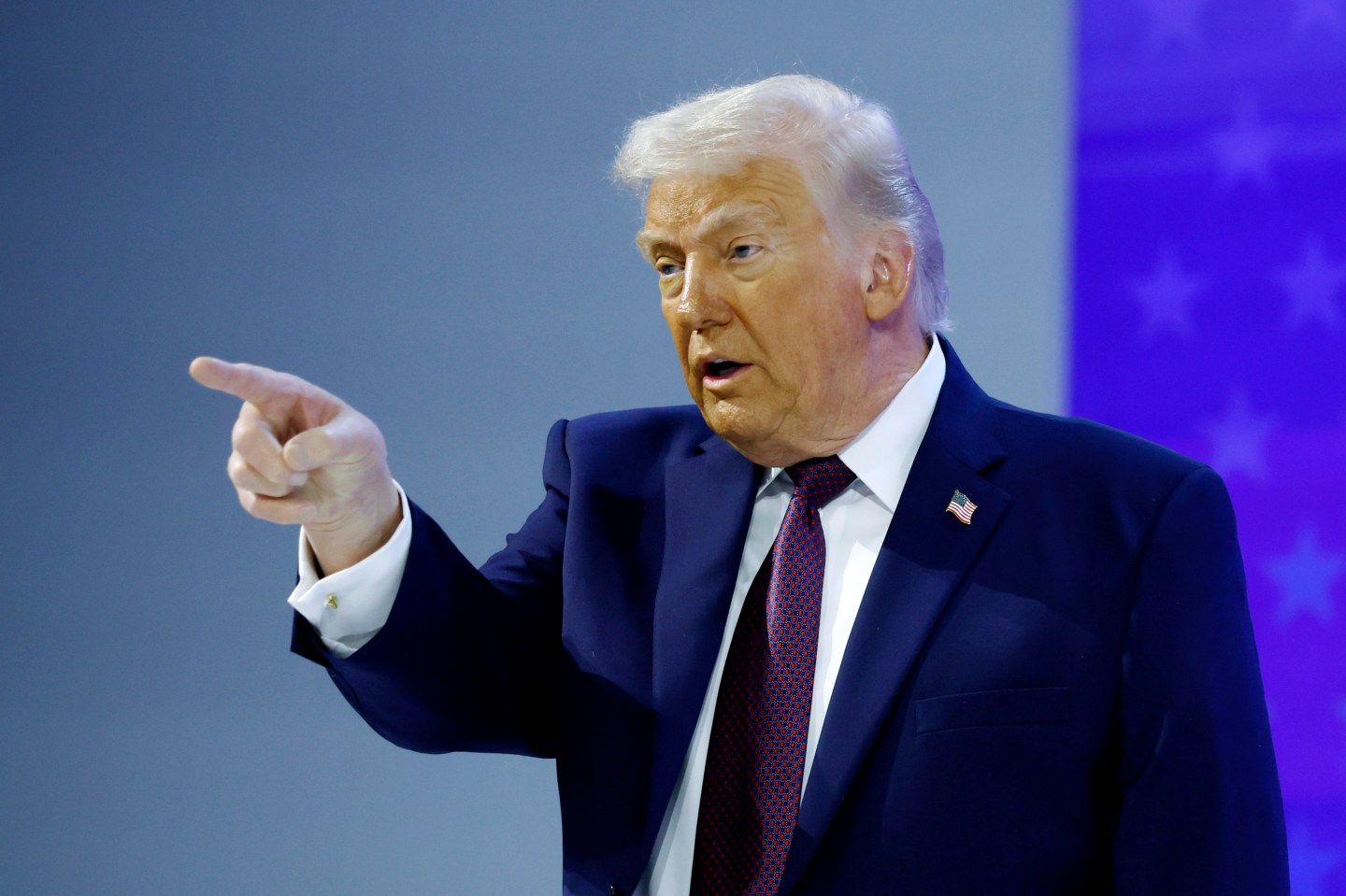- Former Commerce Secretary Wilbur Ross, a key architect of Trump’s first-term economic agenda, explains that the administration’s use of tight 90-day deadlines and tariff pauses is both a negotiation tactic and a way to fit the political calendar, particularly before Congress shifts focus to mid-term elections. Ross acknowledges that while these deadlines have been effective in speeding up trade talks and showcasing U.S. Leverage, their repeated use may be losing impact as negotiating partners begin to expect extensions rather than serious penalties.
When it comes to renegotiating deals with foreign economic powers, time is of the essence for the Trump 2.0 team.
Not only will tight timelines keep pressure on negotiations to resolve quickly, it also shows voters that the White House has the entrepreneurial wherewithal to make things happen on a rapid timescale.
President Trump has wielded breaks in tariffs of approximately three months a number of times. Most notably, having announced his ‘Liberation Day’ tariffs in early April, a week later he announced all proposed rates would be cut back to 10% for 90 days.
The same has since been announced for China, with both Beijing and Washington D.C. Agreeing to lower rates by 115% respectively while talks continue.
And a combination of external pressure, but more importantly internal optics, is precisely why the president has developed a penchant for 90-day pauses.
That’s according to Trump’s former Commerce Secretary, Wilbur Ross, who served in the first administration after being appointed in 2017.
Secretary Ross was a key architect of Trump’s economic agenda in his first term, overseeing the introduction of tariffs on China and the renegotiation of trade with Canada and Mexico.
He told Coins2Day in an exclusive interview that while a deadline helps in trade talks, Trump is also likely eyeing his own political calendar.
He explained: “There’s nothing like a deadline to encourage people to negotiate seriously. I think it’s right that he did it.”
But further “it fits the congressional timetable”, Secretary Ross explained: “I think he felt that he had to get this out there and try to get it in place early, because by around September everybody in the Congress is mainly going to be focusing on the mid-terms and therefore, the chances of them doing anything controversial are small.
“In history the senators always had a big voice in tariffs—so far he hasn’t given them any voice, and there’s always the danger that they will suddenly start to exert a voice. So I think he wanted to get that out of the way.”
Secretary Ross added that with a bit of “slippage” on 90-day pauses, deadlines get “very close to September.”
Moreover, the banker-turned-Washington-power-player added the tactic of pauses is becoming less of an eleventh-hour reprieve and more of an expectation.
“It was a good tactic and a useful one,” Secretary Ross said. “It gets less useful … because people start to take it less seriously than they did in the beginning.
“So far, I don’t think there’s a single one where he really has imposed a big penalty if he had to make an extension, so it I think it was a useful tool but it’s probably a little less powerful going forward.”
Unusual timelines
Of course, everything about Trump’s tariff timelines is unorthodox: Usually trade deals take years from proposal to sign-off, let alone inking an agreement in a matter of months.
That being said, the Trump team has been scrutinized for whether it could stick to its promises of deals being announced in rapid succession over the summer.
Indeed, analysts have grown increasingly uneasy with Treasury Secretary Scott Bessent’s claim that “first movers” would get better deals after the ‘Liberation Day’ tariffs—especially since agreements that were supposedly “done, done, done” have yet to materialize.
So far the framework of a deal has been reached with the U.K. While a truce with China has been declared, but more comprehensive agreements are yet to be revealed.
“When you consider the fact that historically it takes years, not weeks, to negotiate individual trade deals, these are going at lightning speed,” Secretary Ross said. “The very fact that he’s gotten this far is pretty amazing, especially because we don’t have that much bandwidth. The whole U.S. Trade rep staff, the entire staff, counting the receptionist, there’s only about 200 people, and they have lots of other tasks to do [like] monitoring old agreements and such.
“Even Commerce has a limited number and so does Treasury, so the very fact that they’ve made as much progress as they have shows the basic power of the U.S. To get people to come around.”













